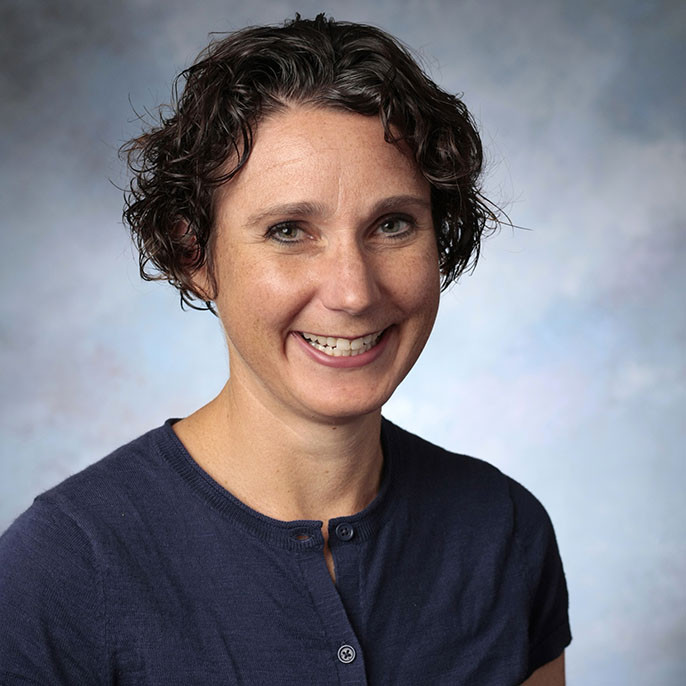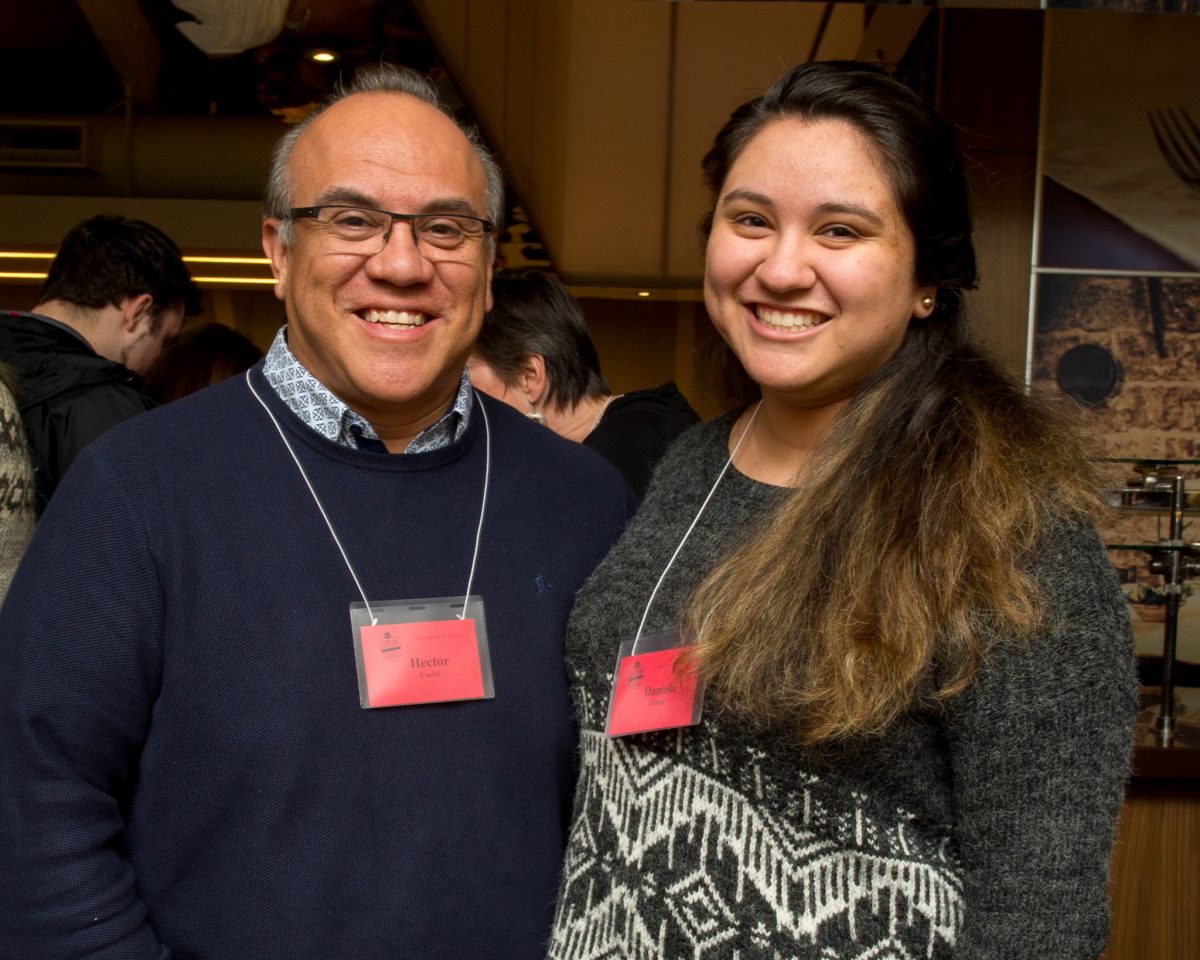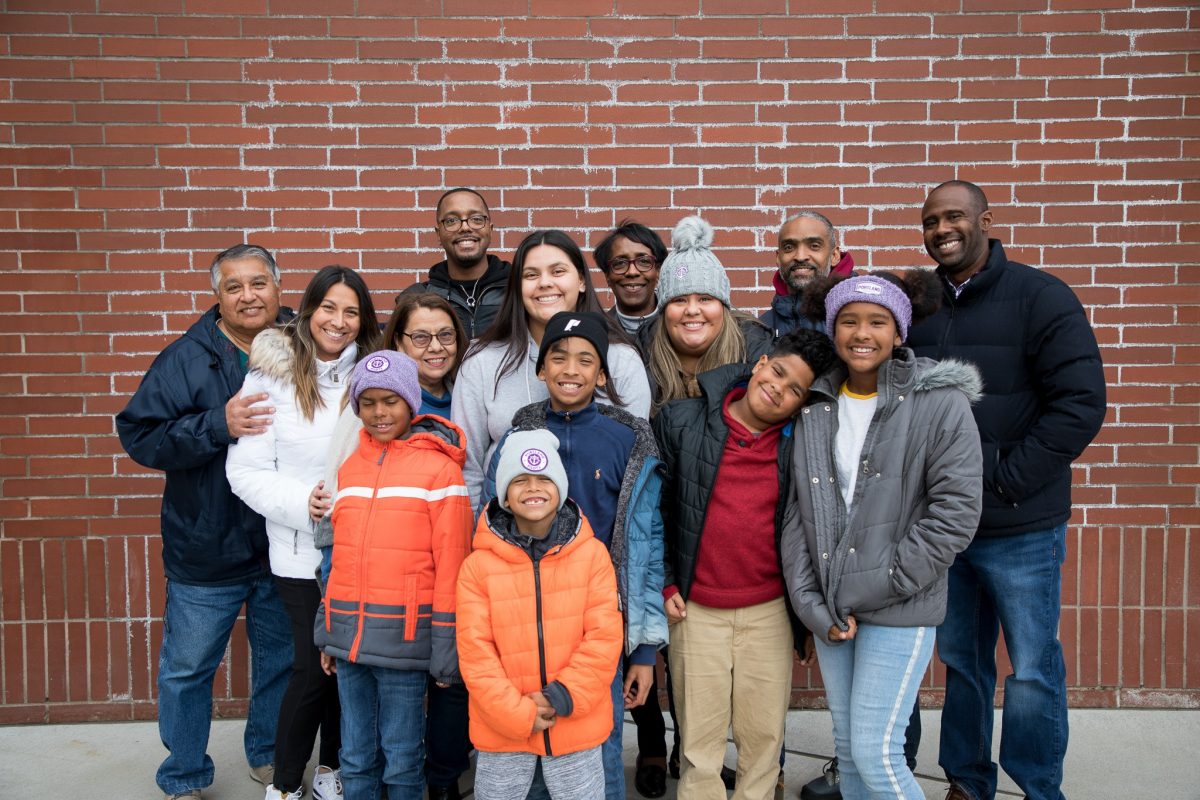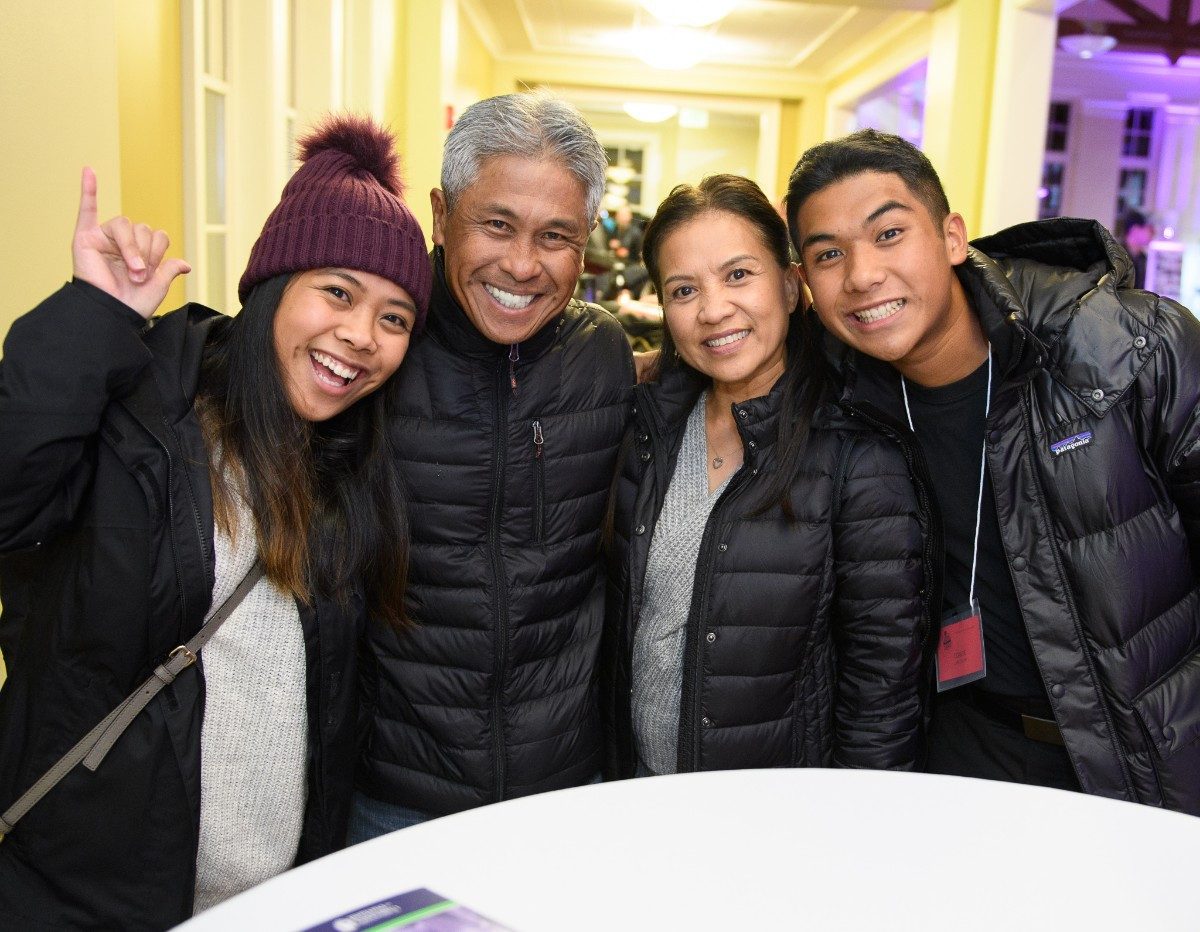As college students begin to navigate the world of work, meeting with professionals is an important step in learning more about industries, companies, and internship and job opportunities. What often comes to mind is traditional forms of networking activities, such as meetings that take place over a cup of coffee or a meal, events attended by people who share common interests, professional association conferences, and career fairs where job seekers meet with recruiters. These in-person activities provide the chance to have authentic conversations and often lead to continued communication.

Benefits of Virtual Networking
While there may be no replacement for face-to face opportunities, the current circumstances have also created some new opportunities for virtual networking. Virtual networking breaks down some of the barriers that may have existed in the past, opening new doors for students who may have been limited by geography, resources, and time.
Virtual networking is new for all of us, including our staff, students, and employers. The Career Center just finished hosting two virtual career fairs through our online platform Handshake, where students learned more about internships or jobs, and heard from employers during group sessions and individual meetings. With the ubiquity of online communication today, there are even more opportunities than virtual career fairs to network with professionals.
For many students, building a network virtually provides the opportunity to develop new skills as they stretch their comfort zones. It provides them with the chance to demonstrate their flexibility, adaptability, communication, and perseverance. Networking in a virtual setting requires students to take initiative to reach out to professionals for informational interviews via video, phone, and email. Students also need to have a strong digital presence on Handshake and LinkedIn, where they can connect with alumni and employers, find job/internship opportunities, and participate in virtual events.

Virtual Networking Tips
With the semester more than halfway over, students may feel saturated by virtual learning and may need some encouragement to take advantage of virtual networking opportunities. Remind them that they are not alone and the Career Center is here to help! Students can access staff for individual appointments and during Open Office Hours. Knowing that parents and family members are often the first people students talk to, here are some recommendations you can provide:
- Be active in online professional networks. The Career Center utilizes Handshake as the centralized system for internship and job postings, a calendar of virtual employer events, and general advice and support. LinkedIn provides students an opportunity to find internship and job postings, to make connections and strengthen professional relationships, and to learn skills.
- Update your digital profiles on Handshake and LinkedIn. Be sure to highlight skills, applied experiences, and interests. Connect with and follow companies.
- Take initiative and reach out to professionals for a (virtual) coffee chat. Be patient and persistent (it may take more than one try) when requesting to connect. Be mindful of time zones.
- Attend virtual professional networking events. Check out the calendar of events on Handshake and Engage.
- Be prepared when you show up to a networking event! Prepare an elevator pitch and questions to ask.
- Follow up after a conversation or interview. Say thank you and keep in touch.
- Practice wellness. The pandemic has impacted everyone. Take time to breathe and acknowledge where you are. Utilize resources such as the Health & Counseling Center wellness resources.
- Not sure where to get started? Schedule an appointment or visit the Career Center Open Office Hours.

Amy Cavanaugh serves as the Director of the UP Career Education Center. Amy holds a bachelor’s degree in Sociology from St. Mary’s College and master’s degrees in both Organizational Communication and Business Administration. During her own college years, Amy completed a variety of experiential learning opportunities including study abroad, community engagement, research, and internships. Her first destination was participating in post-graduate service through Holy Cross Associates where she was introduced to careers in education. Amy leads the Career Center team by integrating career education and readiness into the student experience, collaborating with colleagues to guide students to develop as a whole person, and partnering with alumni and professionals to make connections that lead to meaningful opportunities for students.





